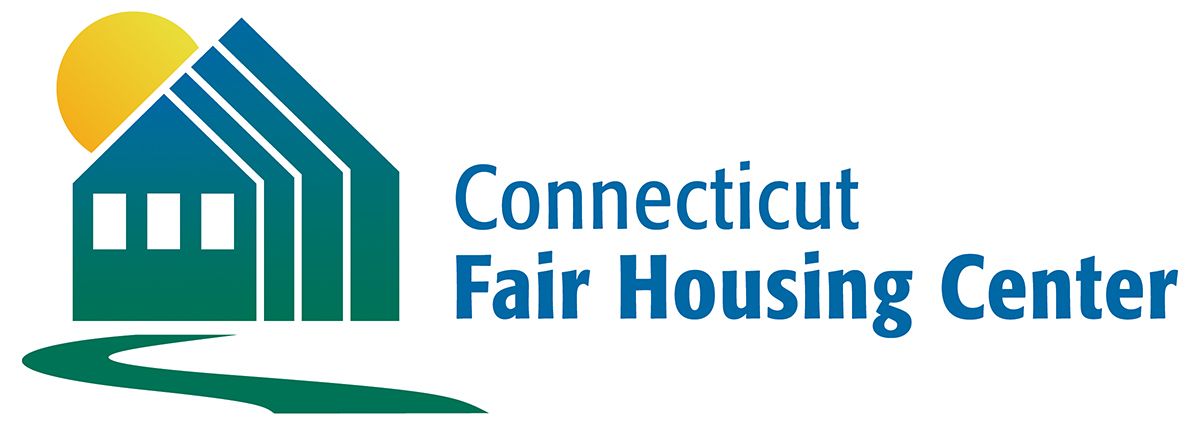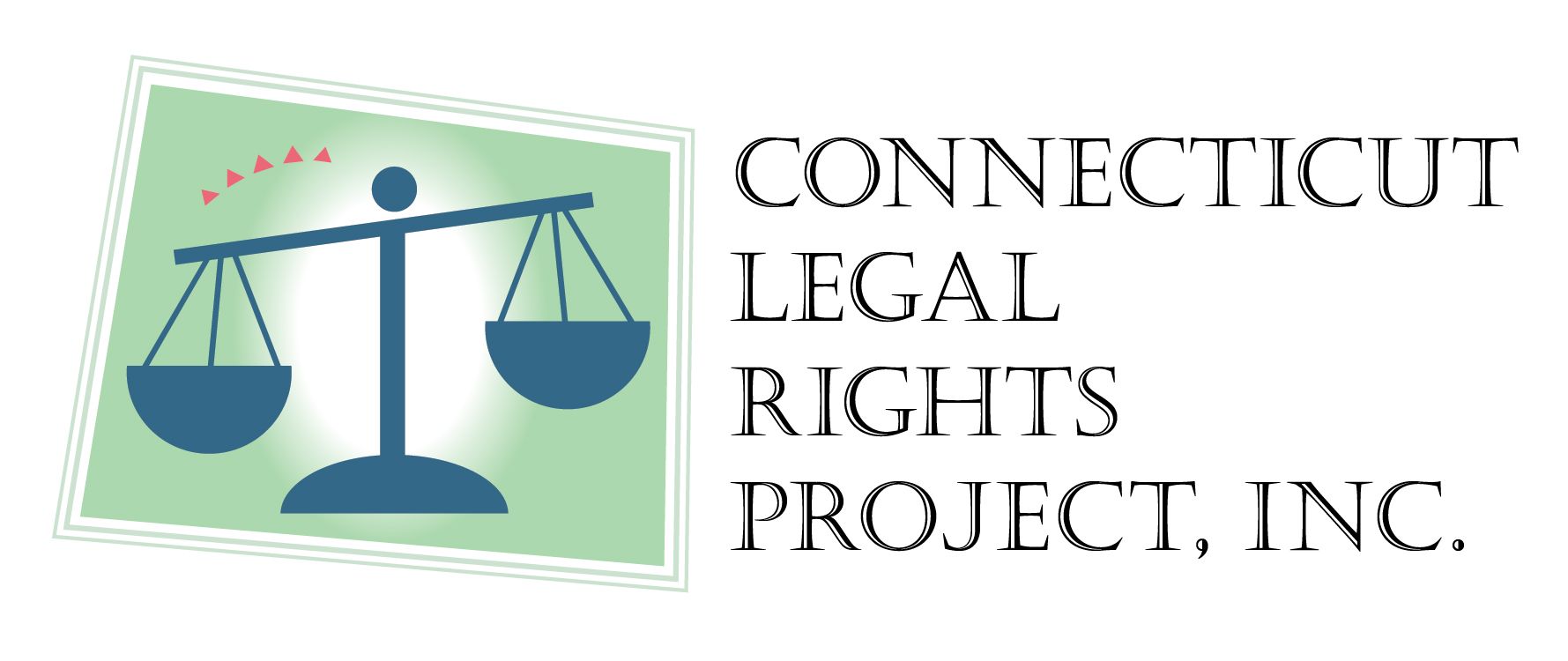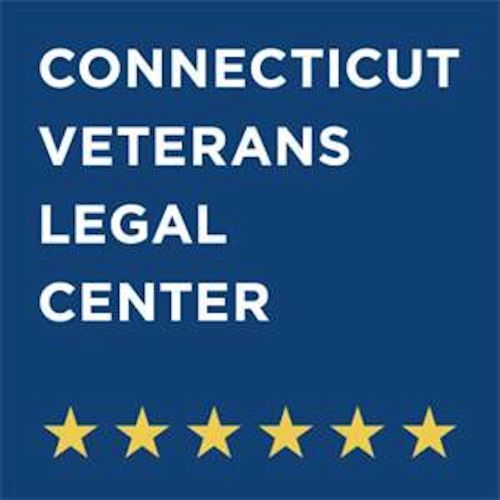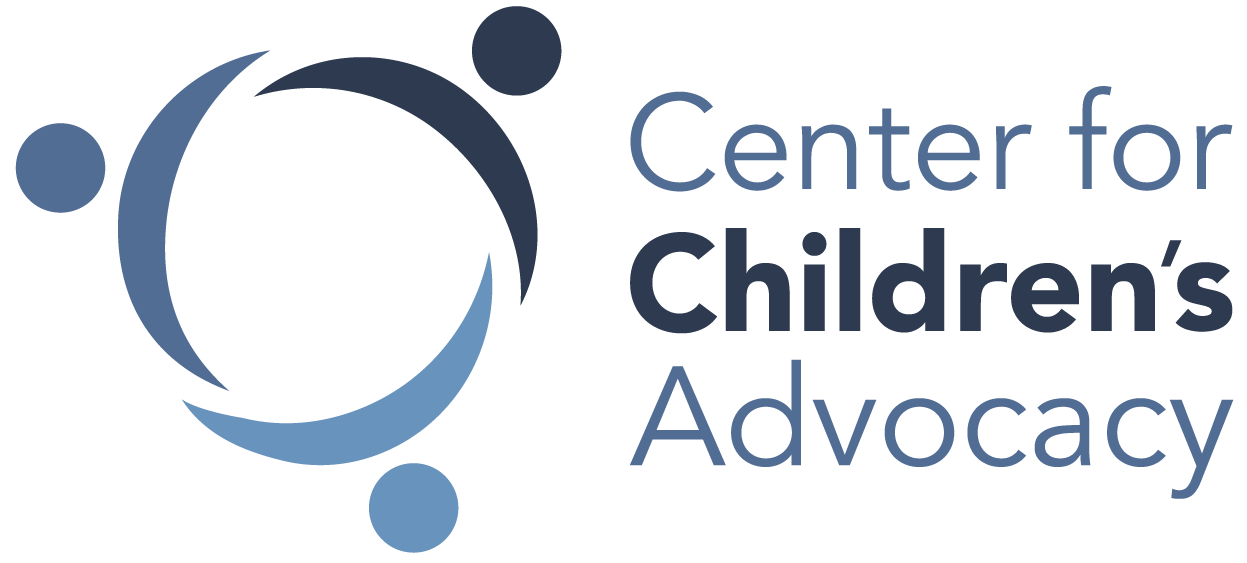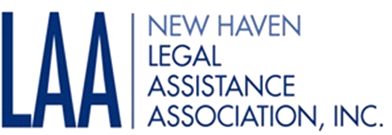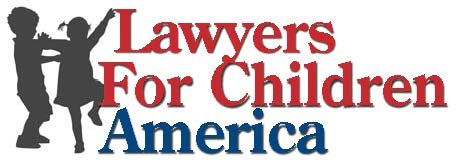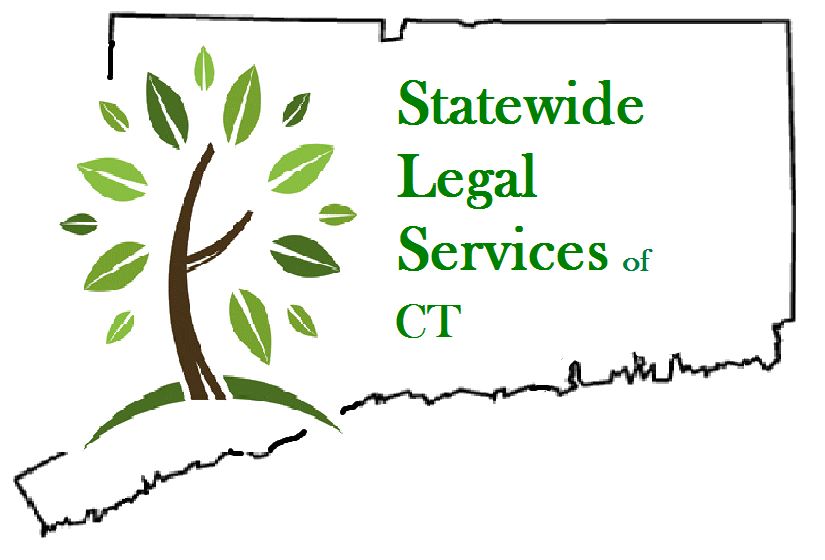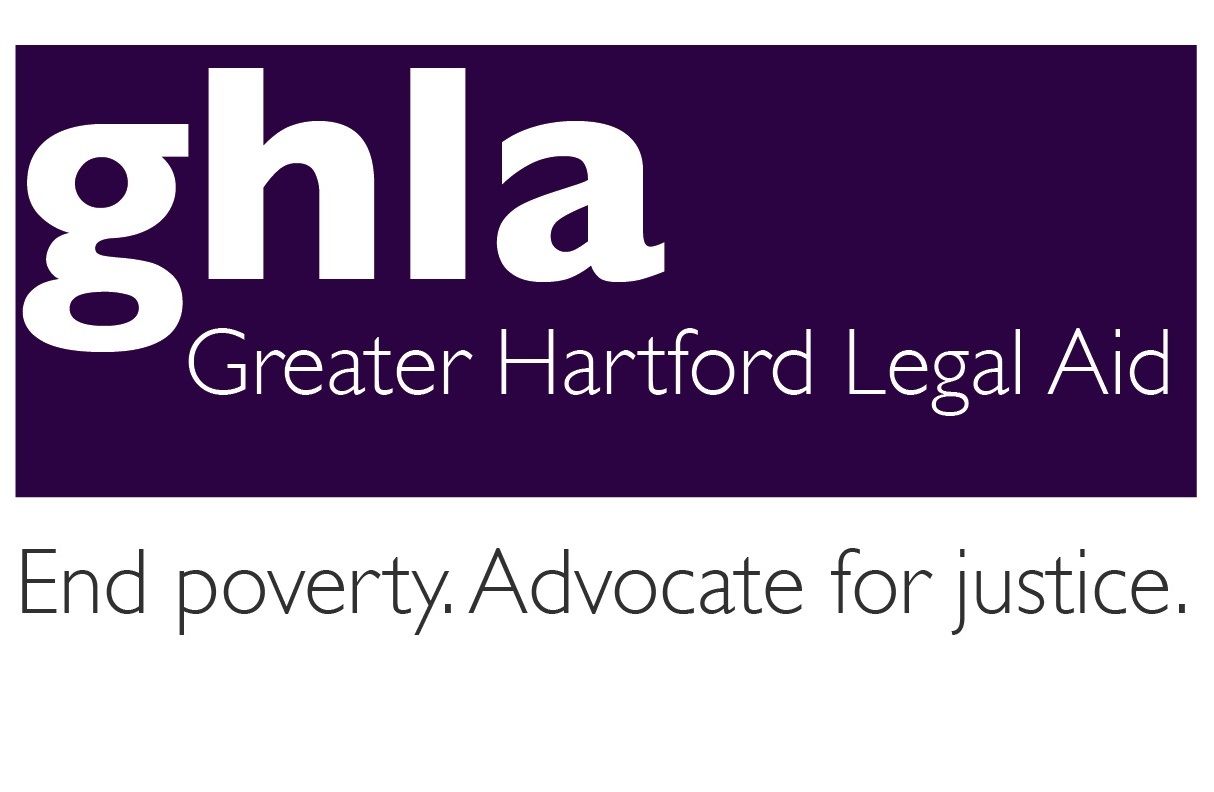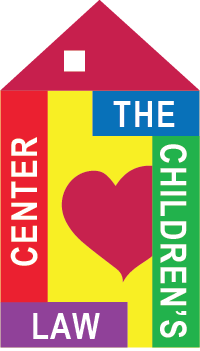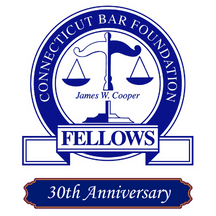
Fellows Spotlight
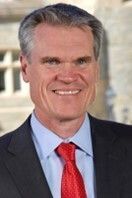
Professor Timothy S. Fisher
UConn School of Law
- Why did you choose the legal profession as a career?
I view the law as a great engine of social change. It’s the most reliable way to protect weak and vulnerable people from abuse and to set the country in its proper direction.
- What do you enjoy most about being an attorney?
I enjoyed two things about my last job, which was Dean at the UConn Law School. One, it was a great place filled with wonderful people and, two, I embraced its mission, which is training the next generation of lawyers and doing so in a way that really resonates with the needs of the public. It’s a tax-payer institution and so many of our public interest and public sector lawyers of Connecticut and from the UConn Law School.
- What is the biggest challenge you have faced in the legal profession?
I was an unusual candidate to be a Dean of a law school, it’s very rare for someone to be brought in from the private sector. I think that the faculty brought me in because I had a different set of skills from most law professors that might step up to the deanship. While I really knew the Connecticut market and the alumni network, that didn’t mean that I knew what the answers were to the problems that the school faced. I had to figure that out in conjunction with all the people in the school and its outside supporters before I could accomplish things. That was learning an entire new culture in a sense and learning an entire new system of higher education, which I hadn’t done before.
- What do you like most about Connecticut?
I love the degree to which people are connected with each other in Connecticut. When you do good things, you see the results and your reputation precedes you. By the same token, people who do bad things are aware that word is going to spread. The size of the state contributes to good behavior more than in much bigger states.
- Please share any community service you have participated in and are most proud of.
Before the Deanship, the most meaningful thing I had ever done was be president of the Connecticut Bar Foundation (CBF) for three years around 2010. During that period of time, we worked hard on our relationships with our grantee agencies, who are the actual legal aid providers of the state. We established several new programs, including the Judge Kravitz Symphosim on Administration of Justice, the Roundtable system led by Judge Armata, and the Connecticut Innocence Fund.
- Why is the Fellows Program special to you?
The Fellows and the CBF occupy a unique place in Connecticut. CBF has a dual mission: it both supports access to justice through its funding of legal aid, but it’s also a law reform organization. We spend much of our time and energy thinking about how the law works and how it can work better in order to make the rules of law fairly applied to everyone, making society safe and fair. We do this extremely well in Connecticut, and I’m extremely proud of it.
- Please share any favorite Fellows-related memory (an event, a fellow Fellow, etc.), or tell us about your favorite Fellows program/event/committee that you attended or worked on.
When I first became a Fellow and I went to the annual reception and I saw who was there, I thought to myself, “These are the people that I feel proud to be among.” They represented to me people who are not just great lawyers, but great believers of justice. That was a powerful image and experience. A favorite incident is when we were starting the Connecticut Innocence Fund, we wanted to work really hard to make it not look like this was an anti-police or anti-prosecution effort, but that it was really a pro-justice effort intended to keep us from convicting innocent people. One of the first things we did was receive donations from the leadership of the state attorney’s office and that told everybody that the prosecutors believe in this just like the defense community does.
- Do you have any thoughts about, or ideas or visions for, the future of the Fellows program?
I love the track the Fellows is on. I’m really pleased that in the years since I was in leadership it has become the go-to organization to manage new programs to provide legal services. In doing so, grants have been arranged to provide funding for the necessary staff to support those programs.
- Is there a fun fact about yourself that you would care to share with other Fellows?
When I was sixteen in the spring of 1970, a Junior at Hartford High, Martin Luther King’s birthday was not recognized as a holiday yet. There was a walkout at Hartford High, and I joined in because I thought my principles required that I support this. I got suspended from school all week, and I still have the certified mail letter from the principal to my parents regarding my suspension.

